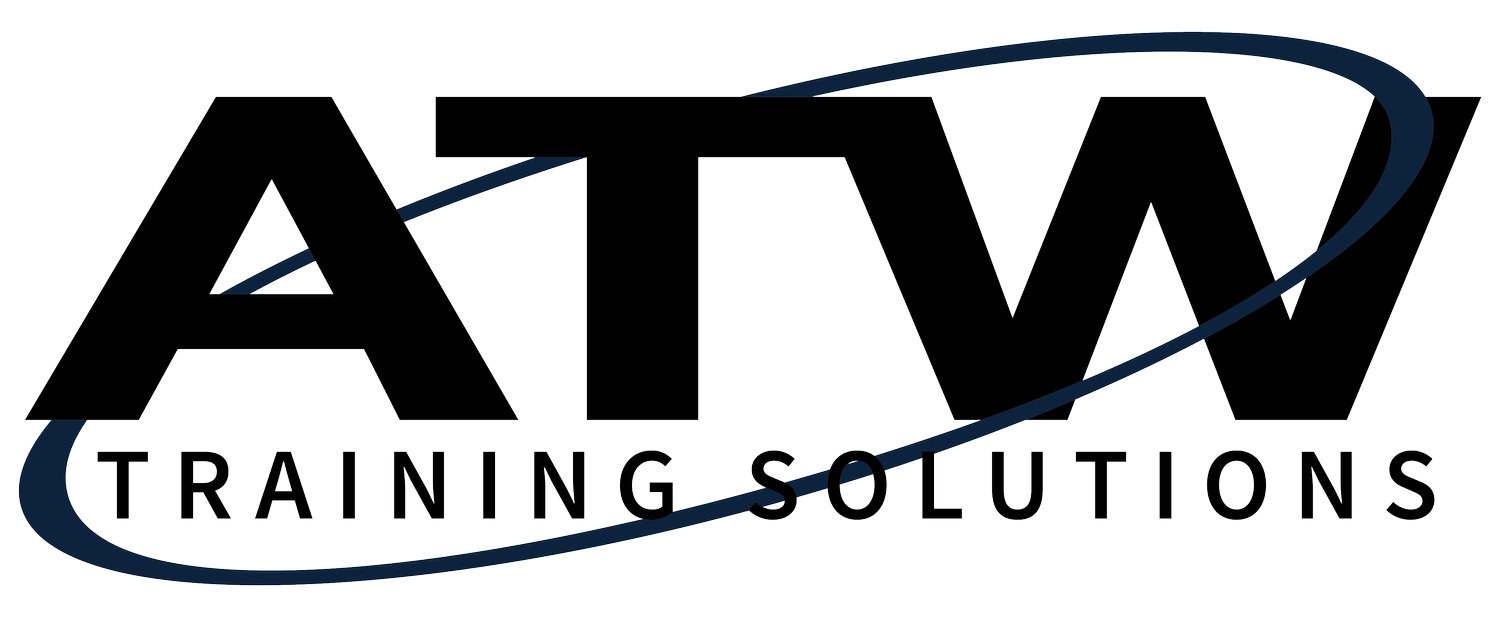Leading Accountability—Take Responsibility
It's easy to accept responsibility when we have good outcomes and bask in the success, but only if we accept responsibility for all outcomes are we truly accountable.
Leading Accountability—Take Action
Today's world is full of chaos, complexity, and change, and when this happens many will fall back into what I call their default or their comfort zones. They procrastinate on the difficult actions they should be taking and instead go with what they're comfortable with doing. In doing this, they confuse activity with results.
Leading Accountability—Take Ownership
Helping people take ownership means gaining their agreement to accomplish a desired end result or outcome.
Leading Accountability—A Personal Choice
Being accountable is a personal choice. In other words, accountability is not imposed externally. You can't make someone accountable. Personal accountability involves making important choices to take ownership, take action and take responsibility.
Leading Accountability: The Blame Zone
Most people want to be accountable and may even say that they are accountable. However, at times, individuals actually deflect accountability. We term this working in the blame zone. Keep reading to find out more about what the blame zone is!
Leading Accountability: Your Role as a Leader
As leaders, we'd like everyone to simply choose to be accountable. However, we know this doesn't always happen, and that leaders are responsible to hold employees accountable.
Creating a Feedback Culture on Your Team
You can be part of the culture of peer-to-peer feedback when you combine three important components; competency, caring, and courage.
Receiving Peer Feedback
Giving peer feedback is one side of a coin. Receiving feedback is the other and is equally important. Ironically, sometimes it can be as difficult or even more difficult to be on the receiving end of feedback is on the giving end.
Steps For Giving Peer-to-Peer Feedback
Do you want to make sure that the feedback you are giving to a peer is effective? Let's look at some steps that can help!
How to Provide Effective Peer-to-Peer Feedback
Delivering feedback can be tricky, but peer-to-peer feedback can be even more difficult, if done ineffectively problems can continue to grow instead of disappearing. So let's look at some differences between ineffective and effective peer-to-peer feedback.
Importance of Reinforcing and Redirecting Feedback
There are two reasons for peer feedback. To reinforce good performance and to redirect poor performance. Both types of feedback are vitally important!
The Power of Peer-to-Peer Feedback
When was the last time you heard, "Good job," or, "I've struggled with that report set up too. Can I show you what finally worked well for me?" Some research findings indicate that two in three employees want more feedback than they currently receive.
On-the-job Training: After Training
Let's continue with the final step in our model for successful on-the-job training. We have responsibilities before, during, and after training. Let's explore how to evaluate the results after training!
On-the-job Training: During Training
Let's continue with our model for successful on-the-job training. We have responsibilities before, during, and after training. Let's explore one strategy to deliver effectively during training. To train both efficiently and effectively, follow a sequence of tell, show, do, review.
On-the-job Training: Before Training
We have responsibilities before, during, and after training. Let's dive deeper into before training!
On-the-job Training: A Model For On The Job Training
A simple model for on-the-job training includes actions to take before, during, and after training!
On-the-job Training: How Adults Learn
Many people think of learning in terms of our experience in school. However, there are real differences in how adults learn compared to how children learn. This is important to keep in mind when it comes to on-the-job training.
On-the-job Training: Learning on the Job
On-the-job training or OJT, is not only for new or inexperienced employees, it's how people doing all types of work at all levels in the organization acquire and develop their skills.
When You Coach, You Show You Care
Leaders who coach are leaders who care. When you see someone getting in their own way or performing in an ineffective manner, you want to help them improve if you care about their success.
Coaching and Feedback: Importance of Listening
Providing feedback and coaching isn't just telling, it's also listening to understand. Listening has been described as the single most important leadership skills.




















